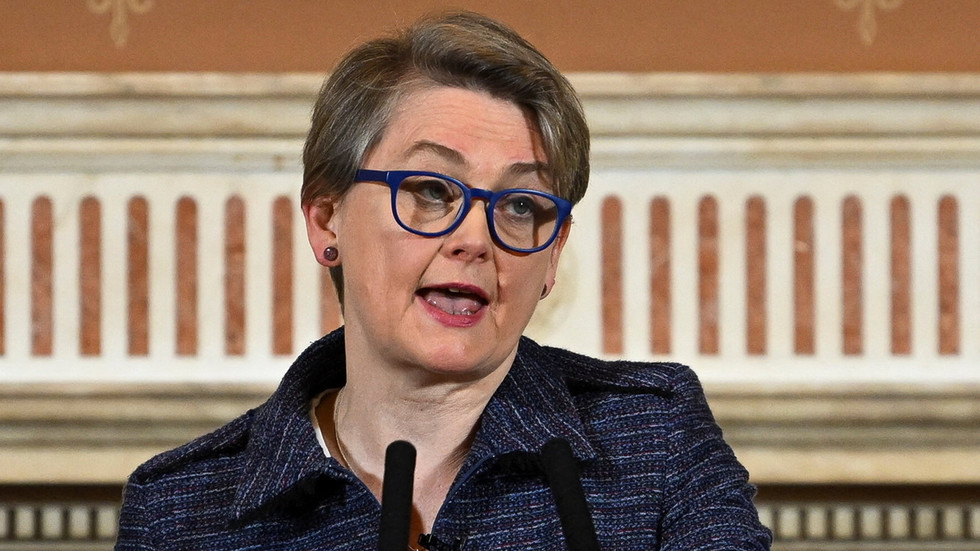The World Bank has recently highlighted the persistent issue of inequality in Sub-Saharan Africa, ranking it as one of the highest in the world. According to the Africa’s Pulse Report released by the Washington-based development bank, the region trails behind only Latin America and the Caribbean in terms of inequality.
The report points out that disparities in access to markets and income-generating activities are prevalent in Sub-Saharan Africa, regardless of individuals’ skills. It also emphasizes the impact of taxes and poorly targeted subsidies on the poor, further exacerbating the inequality gap.
In response to these findings, the report calls for a series of policy actions to promote stronger and more equitable growth in the region. These actions include restoring macro-economic stability, facilitating inter-generational mobility, improving market access, and ensuring that fiscal policies do not disproportionately burden the poor.
The issue of inequality in Sub-Saharan Africa is a complex and multifaceted challenge that requires concerted efforts from policymakers, stakeholders, and the international community. By addressing these disparities and implementing targeted policy interventions, the region can work towards a more inclusive and sustainable development path.
As we reflect on the World Bank’s findings, it is crucial for us to recognize the importance of addressing inequality in Sub-Saharan Africa and striving towards a more equitable future for all. Let us join hands in the fight against inequality and work towards building a more just and prosperous world for generations to come.



